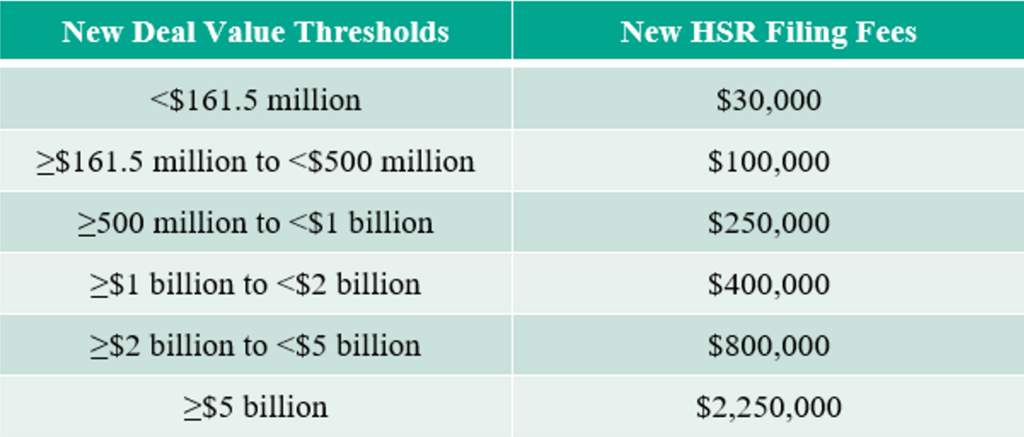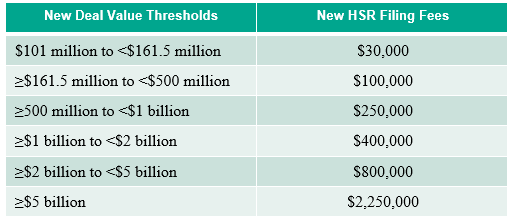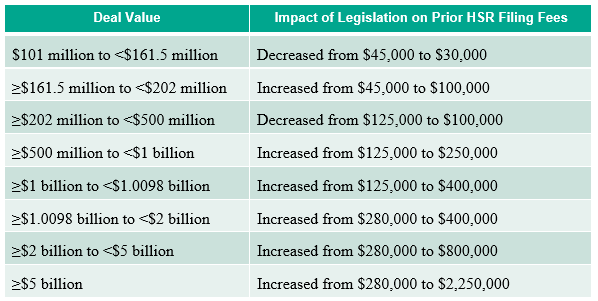Does your company sell to consumers or businesses that can leave reviews or rate your products? Whether your customers can leave reviews on your website or another public-facing review platform, companies should be aware of new developments in the consumer review enforcement space that may impact how you publicize and conduct your product rating and review system. If you are not aware of the expanding consumer review regulations, it could cost your company millions or even land you in jail.
CUSTOMER REVIEWS AND PROPOSED REVISIONS
Section 5 of the Federal Trade Commission (FTC) Act (the Act) prohibits unfair and deceptive acts and practices. Specifically, as the Act relates to customer reviews: negative customer reviews and ratings cannot be suppressed or hidden; any incentives for reviews must be disclosed; material connections between a reviewer and the reviewed product must be disclosed; and review gating is prohibited. The FTC has heightened its focus on consumer reviews as of late and proposed revisions to the Endorsement Guides for advertisers that would tighten enforcement against posting false positive reviews or manipulating consumer perception by suppressing negative reviews, among other things. The proposed guideline revisions would state that “in procuring, suppressing, boosting, organizing, or editing consumer reviews of their products, advertisers should not take actions that have the effect of distorting or otherwise misrepresenting what consumers think of their products.” See Federal Register, Guides Concerning the Use of Endorsements and Testimonials in Advertising, Section IV (C) (July 26, 2022), https://www.federalregister.gov/documents/2022/07/26/2022-12327/guides-concerning-the-use-of-endorsements-and-testimonials-in-advertising. In addition to broadening its Endorsement Guides, the FTC has already demonstrated a significant increase in consumer review enforcement—including pursuing increased penalties and new priorities like review hijacking.
CONSULTANT RECEIVES PRISON SENTENCE FOR BRIBED REMOVAL OF NEGATIVE REVIEWS
In February 2023, Hadis Nuhanovic, a merchant consultant, was sentenced to 20 months in prison for taking part in a global scheme in which he bribed employees of a technology platform to remove negative online reviews on his clients’ products and reinstate suspended accounts, among other illegal activities such as stealing sensitive company information related to product-review rankings and targeting his clients’ competitors on the platform. Nuhanovic, together with a co-defendant, reached out to platform employees in India and bribed them to obtain unfair advantages for his own business’ gain. For example, Nuhanovic admitted that he paid a platform employee to remove negative reviews and further admitted that he operated multiple sham accounts—created using false information—to purchase products from merchants and submit negative reviews about them, with the intention of deceiving consumers and harming the targeted accounts. Additionally, Nuhanovic used his sham accounts to leave positive reviews for his preferred accounts, further deceiving consumers and improving the placement of certain favored products in searches.
In addition to the review bribes, Nuhanovic was investigated for other related crimes to which he ultimately pled guilty. He was sentenced to three years of supervised release on top of the 20 months in prison and forced to forfeit $100,000 and pay $160,000 in unreported taxes.
COMPANY FORCED TO PAY FOR “REVIEW HIJACKING”
[...]Continue Reading
read more

 Subscribe
Subscribe



